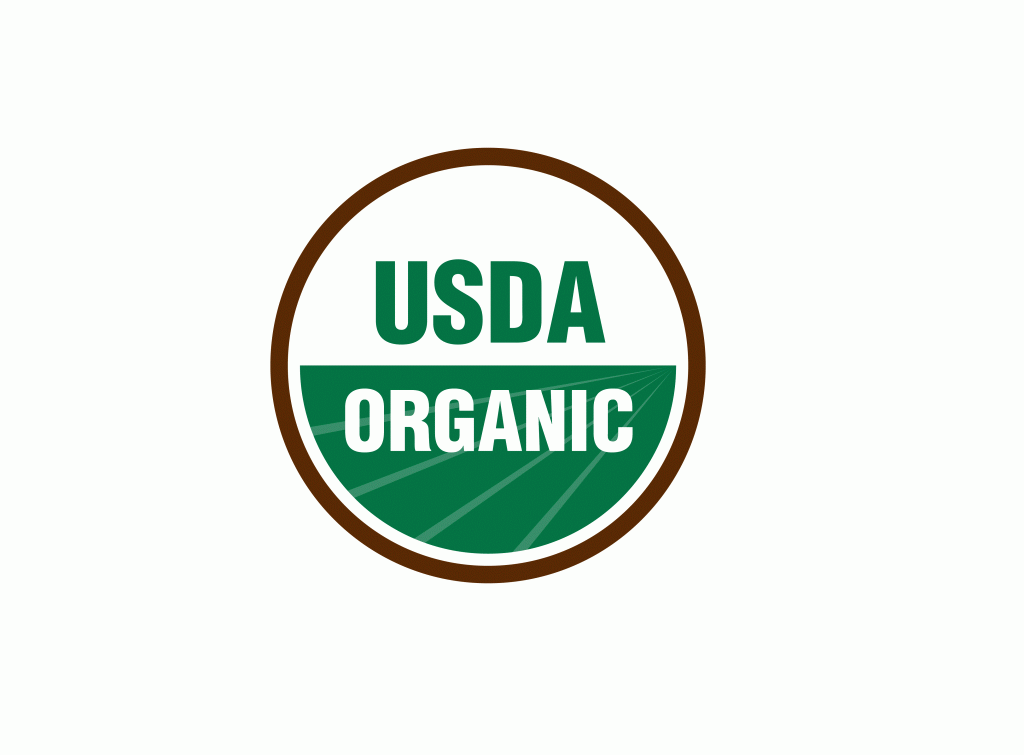U.S.: Organic certifications for hydroponics to be key topic of NOSB meetings

The controversial question of whether hydroponically-grown produce can be labeled as organic looks set to feature heavily at the biannual National Organic Standards Board (NOSB) meetings to be held in Colorado this week. 
The board, an advisory committee that makes recommendations to the U.S. Department of Agriculture (USDA) on organic regulations, will meet over April 19-21 in Denver.
The meeting could decide who influences the regulations that determine the working definition of the USDA's organic seal.
The NOSB recently tabled a decision on whether to let growers who don’t use soil to remain certified as organic, and has sent the issue to its crops subcommittee for more research.
A discussion document on the topic was originally written as a proposal, with recommendations for a vote by the full board at the meeting. However, the proposal was changed to a discussion document to give new board members more time to study the issues.
Mark Kastel of the farm policy watchdog group Cornucopia Institute said phenomenal industry success over the last 25 years meant the biannual meetings had turned into "a struggle between representatives of organic farmers and consumers...and powerful agribusiness lobbyists."
"The issue [over organic certifications for hydroponics] has been going on for a number of years," he told Fresh Fruit Portal.
"In 2010 this board made it clear that hydroponics didn't qualify for organic labeling. It's pretty hard to understand why the USDA has very quietly allowed over 100 of these hydroponic operators to start up and allow organic labeling.
"This law is pretty clear - there are a number of elements where careful stewardship of soil is a prerequisite for organic certification."
Kastel said the Organic Trade Association (OTA) was heavily funded by large hydroponic operators and had been lobbying in favor of the organic certifications. He added it now had members on the 15-seat NOSB.
"The USDA has systemically undercut the spirit and letter of the law that created the NOSB. Instead of it having 15 seats earmarked by congress by what was thought to be independent voices, there were two set aside for "handlers", which is another terms for processors or commercial marketers," he said.
"You would think that the intent of Congress was that the other slots would be for people representative of organics like scientists or public interest groups, but during the last two Administrations they have appointed members or affiliates of the OTA."
Also up for debate this week will be allowing 'biodegradable' plastic mulch. Instead of removing the sheeting from the fields each season, as is currently required by law, a proposed rule change would allow letting the plastic film biodegrade.
Photo: www.shutterstock.com






































